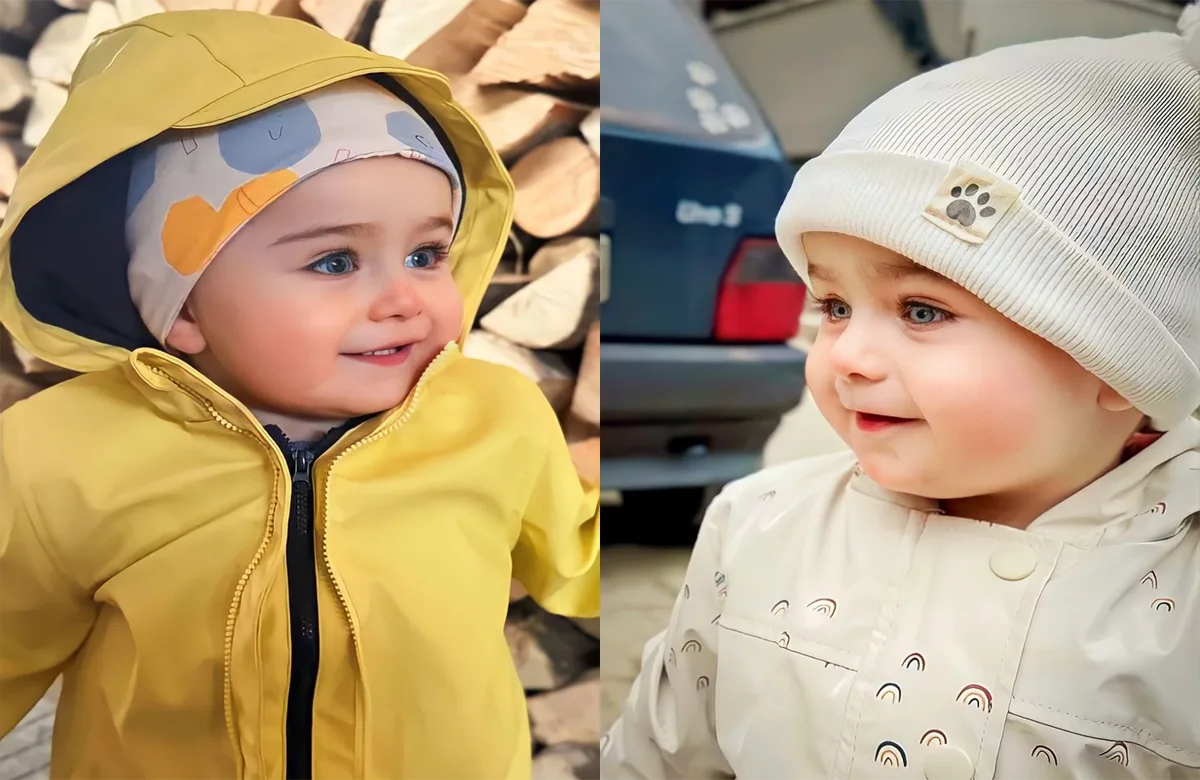For many people, especially kids, success is seen as a far-off objective, a finish line that is seemingly impossible to reach. Nonetheless, the path to achievement can be a lovely tapestry made of strands of inspiration, perseverance, and self-awareness. This story examines how a child’s surroundings and natural willpower can forge a strong route to realising their aspirations.
Children are shaped by their environment from an early age. Their goals and self-belief are greatly influenced by the individuals in their immediate environment, including parents, teachers, mentors, and classmates. Family support is especially important because it provides a safety net that lets kids pursue their interests and take chances without worrying about failing. Children are more likely to confidently follow their passions when they know they are loved and supported. A child’s spirit is nourished by this unwavering affection, which gives them the confidence to try new things.

Think about a young child named Mia who attended a community art class and fell in love with painting. She felt an incredible sense of freedom and expression with every brushstroke. Mia’s parents chose to support her ambition after observing her excitement. They even made arrangements for her to visit nearby art shows in addition to purchasing her supplies and enrolling her in advanced training. Mia’s confidence was enhanced by this support, which also assisted her in honing her abilities and finding her artistic voice.
Support is just one component of the puzzle, though. A child’s personal drive is what keeps them moving forward in their path. A child’s interests and passions frequently serve as the catalyst for this innate motivation. Children are more inclined to put in time and effort when they are truly enthused about something. She sought criticism from her teachers and fellow artists because she was driven to get better, which helped her develop the growth mentality that is necessary for success.

Academic settings can eloquently exhibit this paradox of personal drive and support. Positive learning environments in schools have a big impact on kids’ academic careers. Teachers who acknowledge and value each student’s individual skills can motivate their students to pursue success. For example, a young person who has trouble with maths can find their home in creative writing, where they can express themselves freely. By offering support and constructive criticism, educators foster resilience in their pupils and impart the knowledge that failures are only temporary obstacles on the path to achievement.
Moreover, obstacles frequently lead to the emergence of personal drive. Children encounter a variety of difficulties on their journey, and their response to these difficulties can determine their course. The capacity to recover from setbacks, or resilience, is an essential talent that may be developed with encouragement and assistance. Having a solid support network enables kids to learn good coping mechanisms when they face challenges. They learn to perceive failure as a useful lesson that can lead to growth and improvement, rather than as a point of failure.
When Mia first began exhibiting her artwork, she was met with criticism. It depressing to learn that some viewers did not appreciate her distinct approach. Her parents, however, emphasised to her the value of expressing oneself honestly. They urged her to continue painting, stressing the importance of her vision and the subjectivity of art. Mia was able to persist and hone her skill because of this encouragement as well as her innate desire to create.
Children’s journeys become more complicated as they get older and frequently take them down different pathways. Personal growth necessitates this exploration. Kids who are encouraged to try new things, like sports, music, or study groups, are better able to identify their interests and strengths. A spirit of curiosity and perseverance is instilled in them by supportive parents and mentors who give kids the freedom to try new things. Their perception of themselves and their potential grows with every new encounter they have.
In the end, achieving success is a meandering road with many stops along the way and lessons to be learnt. A child’s intrinsic motivation combined with the encouragement of loved ones makes the perfect environment for success to grow. It instills in kids the value of perseverance, commitment, and the realisation that success involves more than just accomplishing a goal—it also involves the personal development that occurs along the path.
To sum up, a child’s path to success combines both internal drive and outside assistance. Communities, schools, and families all have a big impact on how children develop their goals. We can give kids the confidence and resilience to confidently and resiliently follow their own pathways by creating a loving environment that honours both accomplishments and setbacks. By doing this, we not only assist them in reaching their objectives but also get them ready for the struggles and victories that life will bring.





Leave a comment